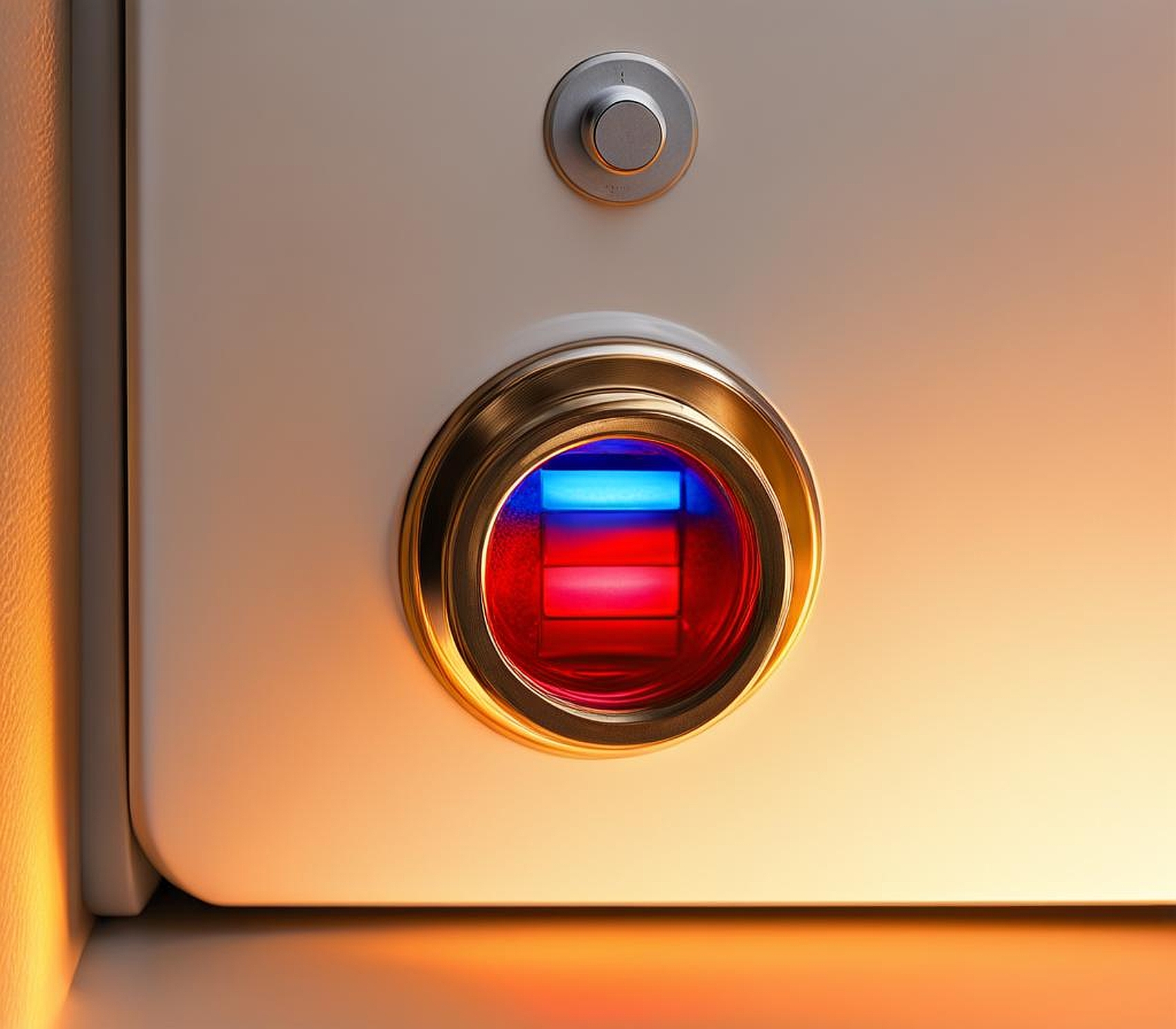If your hot water heater pilot light keeps going out, don’t panic – it’s a common issue that can often be resolved without the need for an expensive repair or replacement. This frustrating problem can have various causes, ranging from a faulty thermocouple to a clogged air intake vent, but with the right knowledge and a bit of effort, you can get your hot water supply back up and running smoothly.
Causes of Hot Water Heater Pilot Light Going Out
Before diving into troubleshooting steps, it’s essential to understand the potential reasons why your hot water heater pilot light keeps going out. Here are some of the most common culprits:
- Thermocouple issues: The thermocouple is a safety device that detects the presence of a pilot flame and sends a signal to the gas control valve to keep the gas flowing. If the thermocouple is faulty or not positioned correctly, it can cause the pilot light to extinguish.
- Low gas pressure: Insufficient gas pressure can prevent the pilot light from staying lit, leading to frequent outages. This issue may be caused by a problem with the gas supply line or the regulator.
- Drafty environment: If the hot water heater is located in a drafty area, such as a basement or garage, the pilot light may struggle to stay lit due to air currents disrupting the flame.
- Clogged air intake or exhaust vent: Proper ventilation is crucial for the pilot light to function correctly. If the air intake or exhaust vent is obstructed, it can cause the pilot light to go out due to a lack of oxygen or build-up of combustion gases.
- Malfunctioning gas control valve: The gas control valve regulates the flow of gas to the pilot light and main burner. If this component is faulty, it may not allow enough gas to reach the pilot light, causing it to extinguish.
Troubleshooting Steps for Hot Water Heater Pilot Light Issues
Once you’ve identified the potential causes, it’s time to roll up your sleeves and start troubleshooting. Follow these steps to diagnose and address the problem:

- Safety precautions: Before attempting any repairs, ensure that the gas supply to the water heater is turned off, and the area is well-ventilated. Consult the manufacturer’s instructions or seek professional help if you’re unsure about the process.
- Check the gas supply and gas control valve: Verify that the gas supply valve is open and that there’s adequate gas pressure reaching the water heater. If the gas control valve appears to be faulty, you may need to replace it.
- Inspect the thermocouple and pilot light assembly: Carefully clean the thermocouple and pilot light assembly with a wire brush or emery cloth to remove any debris or corrosion. Ensure that the thermocouple is positioned correctly, with the tip directly in the pilot light flame.
- Clean the air intake and exhaust vents: Clear any obstructions from the air intake and exhaust vents to ensure proper ventilation and airflow. Debris or blockages in these areas can cause the pilot light to go out due to a lack of oxygen or a build-up of combustion gases.
- Test for drafts: If the water heater is located in a drafty area, try to seal any air leaks or consider relocating the unit to a more sheltered location. Drafts can disrupt the pilot light flame and cause it to extinguish.
DIY Repairs for a Pilot Light That Keeps Going Out
If the troubleshooting steps don’t resolve the issue, you may need to consider some DIY repairs. Here are some common fixes you can attempt:
- Replacing the thermocouple: If the thermocouple is faulty or damaged, it will need to be replaced. This is a relatively simple task that can be done with the right tools and a new thermocouple component.
- Adjusting the gas pressure: If the gas pressure is too low, you may need to adjust the regulator or seek assistance from a professional to ensure the proper gas flow to the pilot light.
- Cleaning or replacing the pilot light assembly: Over time, the pilot light assembly can become clogged with debris or corroded, preventing it from functioning correctly. Cleaning or replacing this component may be necessary to restore proper operation.
- Sealing drafts: If drafts are the culprit, you can seal any air leaks around the water heater with caulk or weatherstripping to prevent air currents from disrupting the pilot light flame.
- Replacing the gas control valve: In some cases, the gas control valve may be faulty and need to be replaced. This is a more complex repair that may require the assistance of a professional if you’re not comfortable working with gas appliances.
Professional Repair vs. Replacement Considerations
While DIY repairs can save you money in the short term, there may come a point when it’s more cost-effective to replace your hot water heater entirely. Consider the following factors when deciding between professional repair or replacement:
- Signs it’s time to replace: If your water heater is more than 10 years old, constantly requires repairs, or shows signs of leaks or corrosion, it may be time to invest in a new unit.
- Costs of professional repair vs. replacement: Compare the cost of professional repairs to the price of a new water heater. In some cases, a replacement may be more economical, especially if your current unit is old or inefficient.
- Energy efficiency: Newer water heater models are often more energy-efficient, which can lead to long-term savings on your utility bills. Consider upgrading to a more efficient unit if your current model is outdated.
- Lifespan and warranty: A new water heater typically comes with a warranty and longer expected lifespan, providing peace of mind and potentially saving you money in the long run.